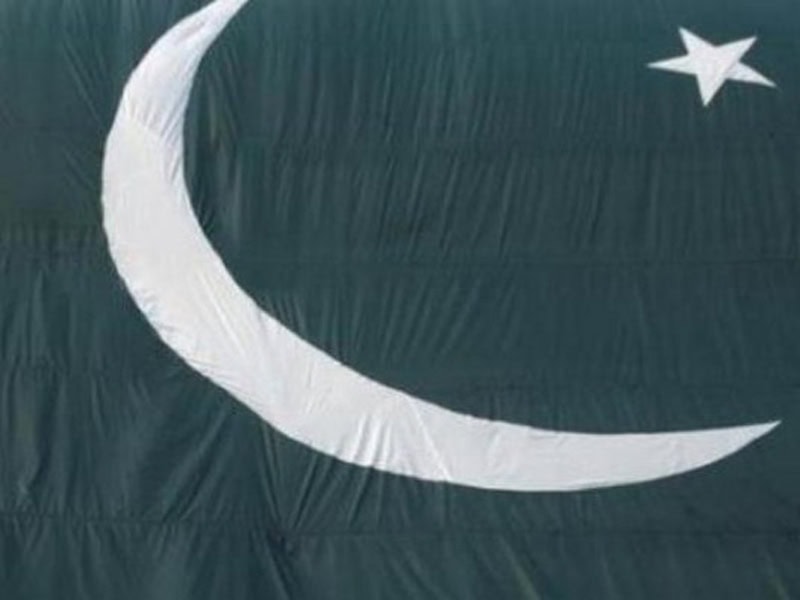Rome: In countries such as Pakistan, courageous investigative journalists risk their lives for their profession as the case of slain Pakistani reporter Saleem Shahzad shows, said the editor of an Italian daily.
“Syed Saleem Shahzad, who was the Pakistan Bureau Chief for Asia Times Online, was able to work as an honest journalist for a long time in one of the world’s most hostile environments for this profession,” Maurizio Molinari, editor of Italian daily La Stampa, told AKI news agency.
“The Pakistan of a thousand coups, the all-powerful ISI (Inter-Services Intelligence) services, the bloody clashes between Muslim sects, the Taliban and Al Qaeda is one of the most dangerous place on earth,” he said.
Shahzad vanished in Islamabad on May 29, 2011 on his way to take part in a TV show. His body was found two days later in a canal near the town of Mandi Bahauddin, about 120 km south of Islamabad, bearing signs of severe torture.
Shahzad, a father of three, also worked as a correspondent for AKI, wrote for La Stampa, Le Monde and Pakistani daily Dawn. Prior to his killing he had written about alleged links between Al Qaeda and the Pakistani Navy.
A government-appointed commission of enquiry in 2012 failed to establish who was responsible for Shahzad’s murder.
“Among his contacts was (Hamid) Gul a three-star general and former ISI chief who knew the deepest secrets of Pakistani politics,” said Molinari.
Shahzad’s move from Karachi to Islamabad was to prove fatal for the reporter, who after publishing his 2011 book “Inside Al Qaeda and the Taliban”, focused on the alleged links between Pakistan’s armed forces and the two terror outfits.
“He uncovered an allegedly secret cell within Pakistan’s Navy with links to Al Qaeda, rumours began to swirl that he worked for the CIA and he started to receive death threats,” Molinari stated.
Shortly before his murder, Shahzad wrote to Human Rights Watch telling him that investigations should centre on the ISI should anything happen to him, Molinari recalled.
According to friends and colleagues, ISI warned the journalist at least three times prior to his death.
[source_without_link]IANS[/source_without_link]

